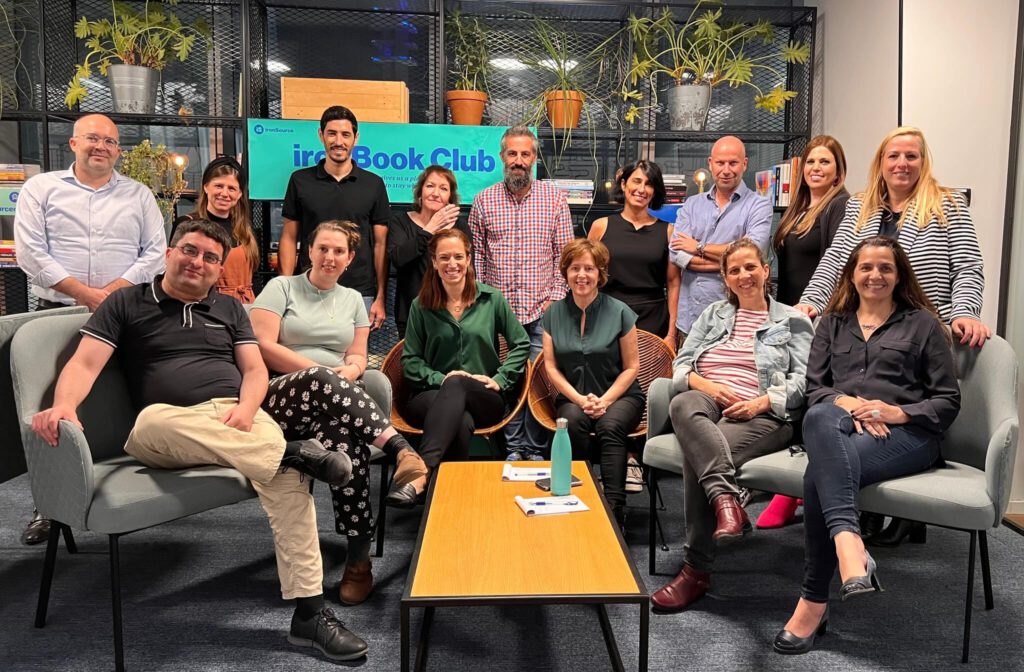Empowering Seniors: Advocating for Increased Senior Citizen Allowances

It’s time to raise the senior citizen allowance and align it with the national average wage, ensuring that every elderly citizen can live with dignity and meet their needs.
The current challenges faced by senior citizens are not a matter of fate; they result from policies that can be changed. Today, insufficient allowances compel retirees to depend significantly on wages and pensions, in contrast to many developed countries, where government allowances account for the majority of income during retirement. Consequently, Israel faces higher rates of poverty and inequality compared to similar nations in terms of income and development.
Honoring Our Elders: The Reality of Aging in Israel
Israel has become a prosperous and developed nation, thanks in large part to the dedicated individuals who have spent decades building the economy and infrastructure that form the backbone of today’s prosperity. After years of hard work and invaluable contributions to society, one would expect the State of Israel to honor its fundamental commitment to these men and women: to enable them to retire from the workforce and enjoy full, enriched lives, just like any other citizen.
Unfortunately, this is not the reality for many. Hundreds of thousands of elderly citizens are living in financial distress, struggling to cover their basic living expenses. With one in eight seniors experiencing poverty in old age, this situation is just the tip of the iceberg. Many live precariously above the poverty line, facing difficult choices between essentials like food or dental care, or even forgoing heating on cold days to afford rent. Beyond these daily challenges, they are burdened by the constant anxiety of unexpected expenses that they cannot manage.
Approximately a quarter of seniors cope by continuing to work beyond retirement age. However, this option is only feasible for a minority who are physically capable and fortunate enough to find employment in a job market that often discriminates against older workers. Even for those who manage to secure a job that offers a reasonable standard of living, the question remains: For how long? Will they ever truly be able to retire without sacrificing their dignity and quality of life in their remaining years?


The Reality of Senior Citizen Allowance: Barriers to Access
Today, the vast majority of elderly citizens in Israel receive a minimal senior citizen allowance, totaling just over 2,000 ILS per month. Additionally, the application process for income supplements is complex and often inaccessible. For those with little or no additional income from pensions or work, the state provides an income supplement that raises the total support—combined with the basic allowance—to around 4,000 ILS per month, along with further benefits primarily related to housing and healthcare.
However, this supplement is burdened by complicated and intrusive eligibility assessments that examine not only the applicant’s income but also their assets and even the value of their vehicle. Consequently, income supplements are frequently seen as a welfare mechanism for the needy rather than as a basic right. Many elderly individuals hesitate to endure the humiliating application process or find themselves losing eligibility due to the intricate tests and requirements.
Ensuring Dignity: A New Income Model for Seniors
In light of the challenging economic conditions faced by many elderly citizens, we propose a new, tailored model that guarantees a dignified and sufficient income for every senior.
Our proposed model urges the government to adopt the following components:
- The state will ensure a minimum monthly income of 5,860 ILS for every individual at retirement age (63 for women, 67 for men).
- The proposed senior citizen allowance of 5,860 ILS per month aligns with the net income of someone earning the minimum wage.
- This amount will be linked to the national average wage, moving away from the current system tied to the consumer price index, which diminishes in value over time. Individuals with substantial additional income will receive a partial allowance.
- We guarantee that no one will receive a lower allowance than they currently qualify for, including future retirees.
- Our model simplifies the process, eliminates the need for income supplement benefits, and upholds transparency and social justice.
- The estimated additional annual cost to the state is approximately 2.2 billion ILS, a crucial investment to ensure the well-being of Israel’s elderly citizens.
- We will advocate for the immediate implementation of this program in response to the urgent needs of our senior citizens.
A Financial Framework for Increasing Senior Support
To fundamentally transform the current situation, we advocate for a new system. Our recommendation is to raise the senior citizen allowance to 5,860 ILS per individual and link it to the national average wage.
Those with significant income from other sources would receive a reduced allowance; however, unlike the current system, the higher amount would be the default. The responsibility would shift to the state to assess and determine the appropriate level of allowance, rather than relying on individuals to submit requests and claims. While we ideally prefer universal allowance increases, we recognize that this approach may not be economically or politically feasible due to the associated costs.
Additionally, we propose enhancing rent assistance for those who do not own property and providing comprehensive coverage for preventive, restorative, and rehabilitative dental care under the national health system for individuals aged 67 and above. This initiative addresses one of the most significant financial burdens faced by elderly citizens.
We believe that this comprehensive package of measures would substantially improve the standard of living for elderly citizens, particularly those with low incomes. Our proposal is grounded in extensive research, including interviews with researchers and experts, analysis of statistical data from various sources, a review of relevant policy initiatives and changes in Israel in recent years, international research comparing Israel to other developed countries, and in-depth conversations with elderly individuals themselves.
Want to get involved?
We'd love to hear from you!

